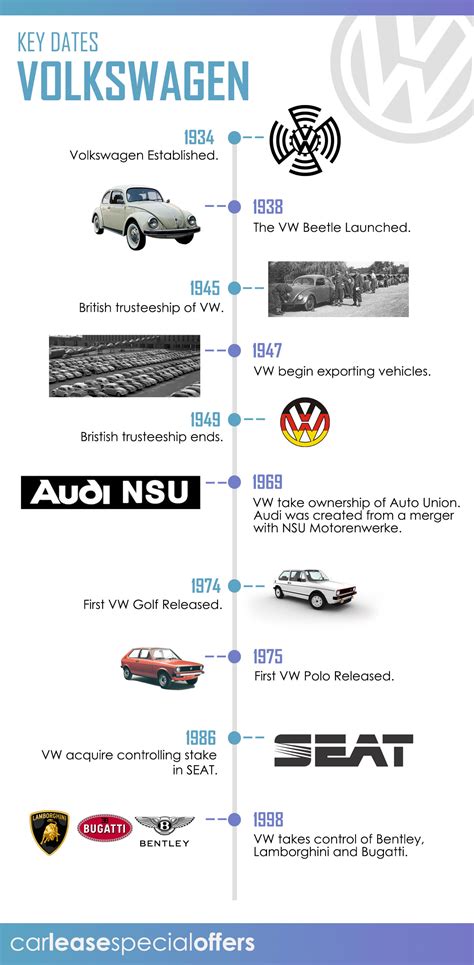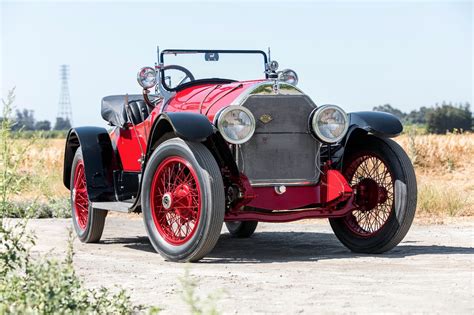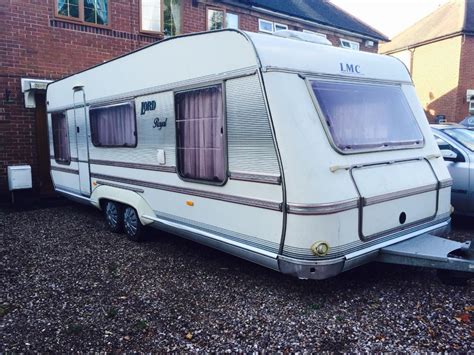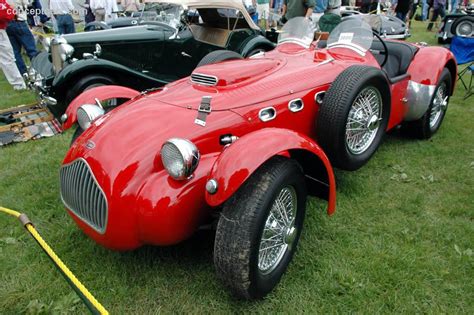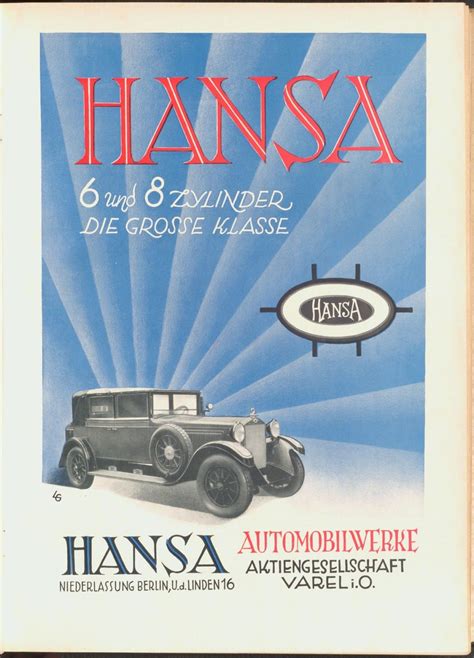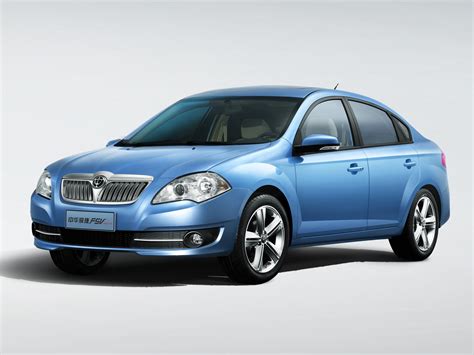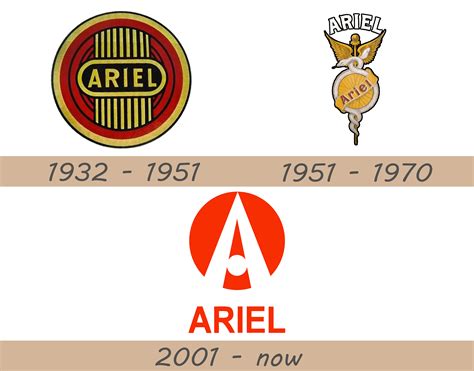Explore the rich history of Volkswagen, from its founding to modern innovation and sustainability efforts. Learn about the impact of the Beetle model and international expansion.
The founding of Volkswagen
Contents
The founding of Volkswagen dates back to the 1930s, when the German Labour Front commissioned Ferdinand Porsche to design a car for the people. This initiative was fuelled by the need for an affordable, mass-produced vehicle that could be accessible to the average German citizen. The result of this collaboration was the iconic Volkswagen Beetle, which became a symbol of the German economic recovery and a beloved classic in the automotive industry.
In 1937, the company that would become Volkswagen was officially formed, with the construction of a factory in Wolfsburg, Germany. This marked the beginning of an ambitious project that would eventually evolve into one of the world’s leading car manufacturers. Despite facing initial challenges and setbacks, the company’s commitment to innovation and excellence paved the way for its eventual success.
As the brainchild of a government initiative, Volkswagen was initially known as Kraft durch Freude Wagen (Strength Through Joy Car) and later rebranded as Volkswagen, which translates to people’s car in English. This rebranding reflected the company’s vision of creating a car that would be accessible and practical for the average consumer, embodying the principles of simplicity, efficiency, and affordability.
By the time World War II broke out, Volkswagen had already established itself as a prominent player in the automotive industry, with the Beetle model gaining widespread popularity and recognition. However, the war brought unprecedented challenges, as the company’s resources and facilities were repurposed to support the war effort. Despite this turbulent period, Volkswagen’s resilience and determination to persevere would ultimately define its trajectory in the post-war era.
Influence of the Beetle model
The Beetle model produced by Volkswagen is one of the most iconic and influential cars in automotive history. The Beetle’s impact on the automobile industry can be seen in its timeless design, high production numbers, and lasting cultural significance. Since its debut in the 1930s, the Beetle model has achieved a legendary status and has been an inspiration for other car manufacturers around the world.
One of the major influences of the Beetle model is its unique and distinctive design. With its curved lines, round shape, and compact size, the Beetle became an instant classic. The simple yet functional design made it popular among consumers, and its appeal has endured for decades. The Beetle’s design has been a source of inspiration for subsequent car models, and its influence can still be seen in modern car designs.
In addition to its design, the Beetle model’s high production numbers have made a significant impact on the automotive industry. With over 21 million units produced, the Beetle holds the record for the longest-running and most-manufactured car model of a single design. Its mass production revolutionized the car manufacturing process and set a new standard for efficiency and affordability, making it accessible to a wide range of consumers.
Furthermore, the Beetle model has left a lasting cultural impact. Its association with popular culture, including movies, music, and art, has cemented its status as a symbol of nostalgia and innovation. The Beetle’s presence in pop culture has further solidified its influence on the automotive industry, as it continues to be a cherished and recognizable symbol of car history. Its enduring popularity has contributed to Volkswagen’s reputation as a pioneering and influential car manufacturer.
Expansion into international markets
In the mid-1950s, Volkswagen made the strategic decision to expand its operations beyond its home country of Germany and into international markets. This expansion was driven by the increasing demand for the company’s iconic Beetle model, which had gained a strong foothold in Europe and North America. Volkswagen saw the potential for growth and success in other parts of the world, and began to establish production facilities and distribution networks in various countries.
One of the key factors that enabled Volkswagen to successfully expand into international markets was the adaptability of the Beetle model to different environments. The Beetle’s simple and robust design made it well-suited for a wide range of driving conditions, from the rough roads of developing countries to the highways of more developed nations. This versatility allowed Volkswagen to appeal to a diverse global customer base and gain a strong presence in emerging markets.
As Volkswagen continued to expand its international reach, the company faced various challenges and obstacles. Cultural differences, trade barriers, and competitive pressures were just a few of the factors that Volkswagen had to navigate as it sought to establish itself in new markets. However, the company’s commitment to innovation and quality allowed it to overcome these challenges and build a strong global brand presence.
Today, Volkswagen is recognized as a leading automotive brand in markets around the world, with a diverse product lineup that caters to the needs and preferences of customers in different regions. The company’s successful expansion into international markets has not only contributed to its growth and profitability, but has also reinforced its reputation as a global industry leader.
Impact of World War II
History of Volkswagen Car Company
During World War II, the Volkswagen car company faced significant challenges and changes that would ultimately shape its future. The company, originally founded by the German Labour Front, was producing the iconic Beetle model at the time. However, the war had a profound impact on the production of vehicles, as resources were redirected towards the war effort.
Additionally, the Volkswagen factory in Wolfsburg was repurposed to produce military vehicles and equipment for the German army. This shift in production not only affected the company’s output but also its workforce, as many employees were conscripted into the military or sent to work in other industries to support the war effort.
After the war, the Volkswagen factory was heavily damaged and in need of significant reconstruction. The company had to navigate the challenges of rebuilding its facilities and reestablishing its production line in the post-war era. This period of recovery and rebuilding would set the stage for Volkswagen’s future expansion and innovation.
Despite the challenges of World War II, the Beetle model had gained popularity both domestically and internationally during the war years. This iconic car became a symbol of resilience and adaptability, as it continued to be sought after even during the tumultuous wartime period.
Ultimately, the impact of World War II on Volkswagen was profound, shaping the company’s trajectory and approach to innovation in the years that followed. The challenges and changes brought about by the war would lead to new opportunities for growth and expansion, ultimately shaping Volkswagen’s role in the global automotive industry.
Modern innovation and sustainability efforts
As one of the leading automobile manufacturers in the world, Volkswagen has been constantly pushing the boundaries of modern innovation and sustainability efforts. The company has invested heavily in research and development to bring cutting-edge technology to their vehicles, with a focus on reducing emissions and improving fuel efficiency. Through the use of advanced engineering and design, Volkswagen has been able to introduce a range of electric and hybrid models to their lineup, catering to the growing demand for eco-friendly transportation solutions.
Additionally, Volkswagen has implemented sustainable practices in their production processes, aiming to minimize waste, conserve resources, and reduce the environmental impact of their operations. This commitment to sustainability is reflected in the company’s efforts to use recycled materials, optimize energy usage, and support renewable energy initiatives.
Furthermore, Volkswagen has taken a proactive approach to address environmental and social challenges through various initiatives and partnerships. The company has been involved in projects focused on biodiversity conservation, carbon offset programs, and community development, demonstrating a holistic approach to sustainability management.
In recent years, Volkswagen has also embraced digital technology and smart mobility solutions to improve the overall efficiency and environmental performance of their vehicles. By integrating connectivity features, autonomous driving capabilities, and intelligent systems, the company seeks to revolutionize the way people interact with cars and contribute to a more sustainable future for the automotive industry.

